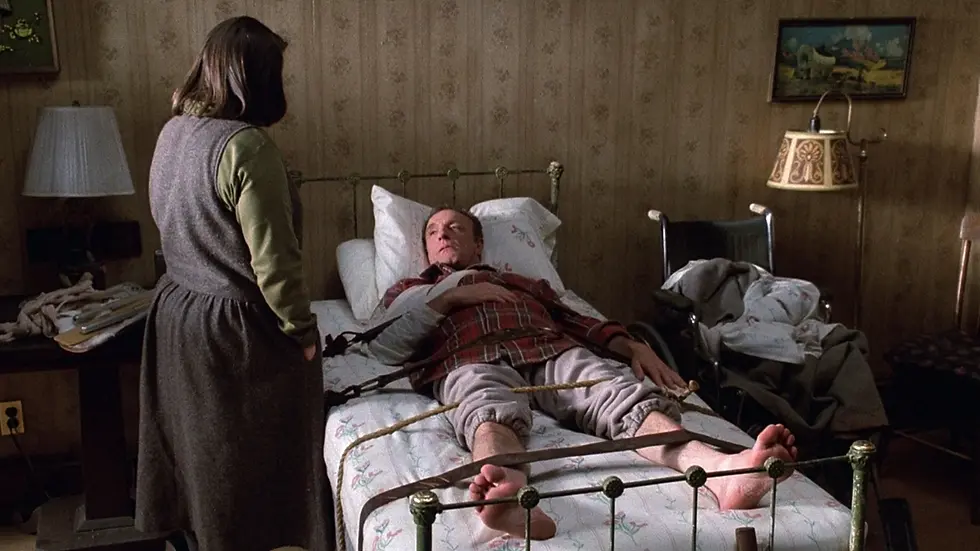James Caan
- Soames Inscker

- Jul 20, 2025
- 3 min read
Updated: Dec 16, 2025

James Caan, an actor of remarkable intensity and charm, left an indelible mark on American cinema through a career that spanned over five decades. Best known for his role as Sonny Corleone in The Godfather (1972), Caan's legacy extends far beyond a single performance. With his rugged charisma and emotional depth, he became one of Hollywood’s most recognizable and respected talents.
Early Life and Career Beginnings
James Edmund Caan was born on March 26, 1940, in The Bronx, New York, to a working-class Jewish family. The son of German immigrants, Caan grew up in Queens and initially pursued a career in football before switching to acting. He studied at Hofstra University, where he became friends with Francis Ford Coppola, and later trained at the Neighborhood Playhouse School of the Theatre under Sanford Meisner.
Caan began his acting career in the 1960s with guest roles on television and minor film appearances. His breakthrough came with the 1965 film The Glory Guys, and soon after, he earned critical praise for his portrayal of a dying football player in Brian’s Song (1971), a television movie that showcased his emotional range and earned him an Emmy nomination.
Stardom with The Godfather
Caan’s defining moment came when he was cast as the volatile Santino “Sonny” Corleone in Francis Ford Coppola's The Godfather. His electrifying performance, particularly in the brutal tollbooth assassination scene, earned him an Academy Award nomination for Best Supporting Actor. Despite being one of the shortest-lived characters in the film, Sonny remains one of its most unforgettable.
Caan brought a raw energy to the role—fiery, impulsive, and fiercely loyal—that contrasted sharply with the cool, calculating demeanor of Al Pacino’s Michael Corleone. His performance helped cement The Godfather as a cinematic masterpiece and elevated Caan to A-list status.
Career Highlights and Challenges
Throughout the 1970s, Caan starred in a string of notable films, including Rollerball (1975), Funny Lady (1975), and The Gambler (1974), in which he played a literature professor with a self-destructive addiction. His characters often walked a tightrope between vulnerability and toughness, making him a compelling figure on screen.
However, Caan’s career experienced a downturn in the 1980s due to personal struggles, including battles with drug addiction and the death of his sister, which deeply affected him. He took a hiatus from acting but returned in the late '80s and '90s with a renewed presence.
One of his most memorable comeback roles was in Rob Reiner’s Misery (1990), where he played a bedridden novelist terrorized by a fan, played by Kathy Bates in an Oscar-winning performance. He also had roles in Honeymoon in Vegas (1992), Eraser (1996), and the holiday classic Elf (2003), in which he played Will Ferrell’s estranged father.
Personal Life
Caan was known for his tough-guy persona, both on and off screen, but those who worked with him often spoke of his warmth, humour, and generosity. He was married four times and had five children, including actor Scott Caan, known for his role in the television series Hawaii Five-0.
A passionate supporter of the craft of acting, Caan was a critic of Hollywood’s superficiality and often spoke candidly about his career choices—both hits and misses.
Death and Legacy
James Caan passed away on July 6, 2022, at the age of 82. Tributes poured in from across the entertainment industry, with colleagues and fans alike remembering him as a magnetic actor whose presence could light up the screen.
Caan's contribution to cinema lies not only in the iconic characters he portrayed but also in the emotional truth he brought to every role. Whether playing a hot-headed mobster, a wounded gambler, or a reluctant father, James Caan delivered performances full of soul and authenticity.
In an industry that often prizes image over substance, James Caan stood out as a reminder of what true talent looks like—gritty, complex, and utterly unforgettable.




